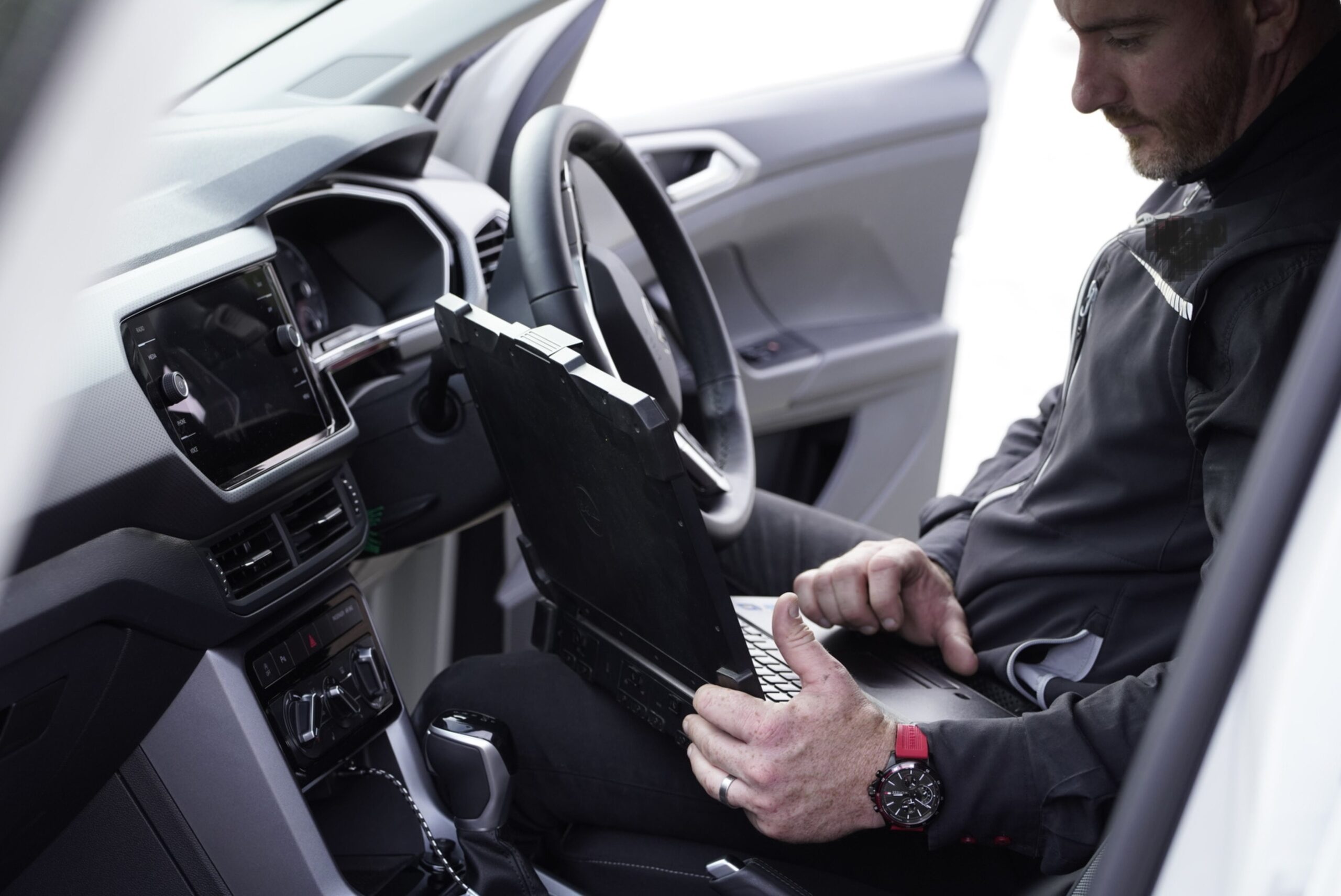
replacementkeyforcar8267
About replacementkeyforcar8267
10 Key Replace Related Projects That Can Stretch Your Creativity
Key Replacement: A Comprehensive Guide
In today’s fast-paced world, losing keys or having them become harmed is a common occurrence that can produce significant trouble. Whether it’s a car key, house key, or a digital key fob, the process of changing lost or broken keys can be difficult. However, this post intends to simplify the key replacement process, informing readers about their choices, the steps to take, and pointers to prevent future incidents.
Understanding Key Replacement
Key replacement refers to the process of obtaining a replicate or replacement of a lost, stolen, or damaged key. The technique and expense for changing keys differ based upon numerous elements, including the kind of key, the complexity of the locking mechanism, and the locksmith professional or service supplier utilized.
Kinds of Keys
When going over key replacement, it’s vital to comprehend the different kinds of keys, which can normally be classified as follows:
| Type of Key | Description | Typical Replacement Options |
|---|---|---|
| Standard House Key | Standard metal keys used for family doors | Regional locksmiths, hardware stores |
| Car Key | Keys developed for vehicles, might include transponder or wise keys | Dealer, locksmith concentrating on automotive keys |
| Electronic Key Fob | Digital keys used for keyless entry and ignition | Dealership, automotive locksmith, or electronic key fob replacement service |
| Master Key | A key created to open several locks | Locksmith professional services, can be customized |
| Padlock Key | Specific keys for padlocks, generally basic sizes | Regional locksmith professionals, some hardware stores |
Actions to Replace Various Types of Keys
The procedure for key replacement can vary substantially based upon the kind of key. Below are the steps associated with replacing various kinds of keys.
Replacing House Keys
- Identify the Type of Key: Determine the key type and whether it is a basic or high-security key.
- Go To a Local Locksmith or Hardware Store: Most standard keys can be duplicated quickly at local stores.
- Offer the Original Key: If available, bring the initial key for duplication. If it is lost, ensure to describe the style to the locksmith professional.
- Choose the Right Material: Select the key material (e.g., brass, stainless-steel) based upon your needs.
- Test the New Key: Before leaving, check the new key in the lock to ensure it operates appropriately.
Changing Car Keys
- Recognize the Key Type: Determine whether it’s a conventional key, a transponder key, or a key fob.
- Contact the Dealership: For transponder keys or key fobs, it’s often essential to go to the vehicle’s dealership.
- Provide Vehicle Information: Supply the vehicle identification number (VIN) and proof of ownership.
- Programming (if required): Some keys need to be configured to deal with the car’s ignition system.
- Obtain a Backup: Consider acquiring an extra spare key to avoid future concerns.
Changing Electronic Key Fobs
- Contact the Vehicle Manufacturer or Dealer: Most electronic key fobs need to be sourced directly from the vehicle maker or licensed dealer.
- Protect VIN and Identification: Prepare documents to show ownership and the vehicle’s VIN.
- Configuring Requirements: Be aware that the replacement fob may need programs at the dealership.
- Replacement Service: There are likewise independent services that can offer fob replacements and programming.
Tips to Prevent Future Key Losses
To lessen the chances of losing type in the future, think about the following proactive strategies:
- Key Tracking Devices: Attach a key tracker to your keys that can be monitored through a mobile phone app.
- Designated Key Holder: Use a particular place in your house for positioning keys regularly.
- Spare Copies: Always preserve a spare copy of vital keys with a relied on friend or member of the family.
- Keychains: Use brilliant and unique keychains to make it easier to identify them.
FAQs About Key Replacement
-
What should I do if I lose my house key?
- Instantly consider rekeying your locks if you’re concerned about security.
-
how to get car key replaced long does it require to replace a car key?
- Replacement times can differ, but it typically takes 20 to 30 minutes, particularly if shows is needed.
-
Are all keys duplicable?
- Not all keys can be duplicated. High-security keys normally have restrictions on duplication.
-
Can I replace my key myself?
- While you can develop duplicates of specific keys with DIY kits, it’s frequently suggested to look for expert help, especially for high-security or electronic keys.
Key replacement can typically feel frustrating but comprehending the procedure can ease stress and anxiety. By understanding the types of keys, the actions needed to replace them, and preventative measures to prevent future losses, people can take proactive actions to protect their gain access to and security. With this information, managing key replacements will become a more straightforward task.

No listing found.
